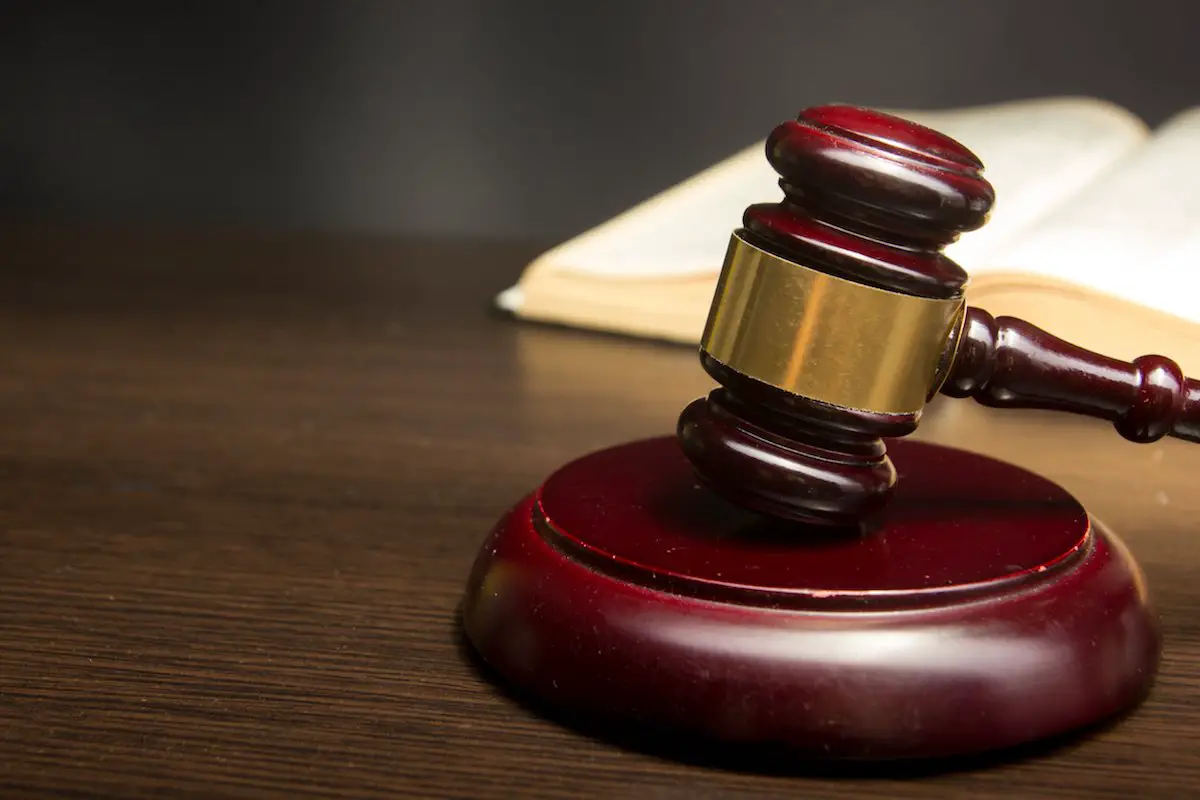
28 Nov Motion to Quash Deposition
Motion to Quash Deposition
A crucial decision like whether or not to file a Motion to Quash should only be discussed with criminal defense lawyers. If you do choose to file the motion, it is important that it is well-researched and written so that your chances before the judge are increased. So, what is a motion to quash deposition?
A motion to quash is a written request to the court that asks the court to invalidate or set aside a previous order. The motion must state the reasons why the order should be quashed. In criminal law, a motion to quash is often used to challenge an indictment or deposition.
In this blog post, we will go into more detail further on what a motion-to-quash deposition is and how it is used. So, read on to learn this and more!

What Is a Motion to Quash Deposition?
To quash something definitionally means to reject or void it, particularly through legal procedures. In other words, it is a verb that describes putting an end to something. A motion to quash specifically refers to a request made of one court by another judicial body, in which the former is asked to consider the decision made by the latter as invalid.
- An example of this would be if someone experienced improper service of process and then decided they wanted to file a motion to quash because of it.
- When you file a motion to quash, it is seen as a pretrial motion filed at the start of a trial or an appeal. It may be comparable to a request to dismiss.
- A motion to quash, on the other hand, asks the court to reverse a previous judicial decision, whereas a demand for dismissal requests the same as a current filing.
Using a motion to quash is an essential part of civil procedure rules, which vary depending on the state or federal level. The primary goal of these court procedures is to manage cases swiftly and justly.
- Motions to quash can be utilized in various types of civil proceedings, including personal injury cases, contract disputes, and more.
- An attorney can help you determine whether or not this motion is the best option for your case.
Who Is Eligible to File the Motion?
A motion to quash may be filed by either party. As previously stated, a motion to quash is frequently made before trial if the lower court’s decision will have an immediate impact on the case being considered. A pretrial motion is a legal paper that is presented in front of the trial and must be specifically requested to take effect. Furthermore, pretrial motions are frequently expected to comply with strict filing deadlines, and their failure to do so will result in them being dismissed.
You can only file a motion to quash when:
- A mistake has been made in a ruling by the court.
- A legal or incorrect court document has been drawn in a specific manner.
How Is a Motion to Quash the Subpoena Done?
The term “quash” is most often used in the context of a subpoena. A person who has been subpoenaed to produce records, appear for questioning, or testify at a hearing can choose to follow the order. However, the person being subpoenaed may also file objections or ask that the subpoena be dropped.
- Common grounds for filing a motion to quash are that the individual is outside the subpoena range, or that the items to be produced are unavailable within the specified time or at the specified location.
- Other common grounds for filing a motion to quash include undue burden and expense.
To file a motion to quash, you must first write the motion and submit it to the correct court. The motion to quash will remain in effect until a court rules on the motion or the subpoenaed individual and issuing party negotiate an agreement.
- Not all quashing motions are the same.
- A motion to quash a warrant, for example, is very different from a motion to quash a subpoena.
- A motion to suppress evidence seized in violation of the defendant’s Fourth Amendment rights is part of criminal procedure and claims that evidence was obtained illegally.
- The Fourth Amendment protects individuals against unreasonable searches and seizures, and if the evidence is obtained in violation of these rights, it may be suppressed.
It is also true that a search warrant must be based on probable cause, specify the items to be seized, and state how long it will remain in effect. Motions to quash warrants contend that the warrant was insufficient or incorrect, and therefore any evidence obtained should be thrown out. An experienced criminal defense attorney can assist with filing a motion to quash a search warrant.

If You Receive a Subpoena, What Is Next?
A subpoena is a court order that compels someone to do something. This usually entails attending a hearing, testifying at trial, or giving testimony at a deposition. There are consequences if you do not comply with the instructions of your subpoena after being asked. As a result, you must know how to react if you’re served one.
When you are called as a witness, your document should include the date, time, and place of your appearance. The person who issued it to you should also be stated in the subpoena document itself.
When there is no response to the request within a reasonable time or fail to comply with it, you may be fined as follows:
- Financial sanctions
- Fees
- Going to prison
- Made to reimburse attorney’s fees.
When you have accepted a subpoena, replying to it right away is crucial; not responding could result in the court accusing you of contempt. If you don’t respond, there’s also a chance that an arrest warrant will be issued.
Why Would a Motion of Quash Not Be Grant?
There are various reasons a motion to quash may be rejected. One example would be a motion to quash is usually denied if the mistake was due to an attorney’s misconduct, instead of the court’s. In those instances, then the lower court ruling would still be in effect and the case would continue forward.
There are times when a motion to quash is not granted, some alternatives that may be pursued include filing an objection to the production of evidence, documents, or tangible items.
Some common objections are:
- The request would cause an undue burden.
- The request is too broad in scope.
- Pursuing the information would result in unnecessary expenses.
- The information or documents requested are subject to a privilege, such as an attorney-client privilege or a doctor-patient relationship
Other Procedural Rules That May Apply to a Motion to Quash Include:
Keep in mind that you can only file a motion to quash if done so in good faith. This means that filing to delay the judicial process is not an option. If the court finds that your motion was filed without good intentions, you may be ordered to pay the other party’s attorney fees.
- Furthermore, the strict filing deadlines for motions to quash are complicated by additional rules. A motion to quash must generally be filed within 14 days of being served notice, or before the deadline and time outlined in the subpoena.
- If your motion to quash is not filed within the required time frame, the court may automatically reject it and may charge you with attorney fees incurred by the opponent.
As a result, you must double-check your local civil procedure regulations to ensure that the request is submitted on schedule.

Is A Lawyer Needed For To Assist With Procedural Rulings?
If you are facing personal injury claims or issues, it is in your best interest to speak with an experienced personal injury lawyer. They will be able to tell you whether it makes sense to pursue a motion to quash given the details of your case, or if there are any other potential options available.
- An attorney can also help to navigate the complicated rules and deadlines associated with motions to quash, as well as any other procedural issues that may arise during your case.
- A motion to quash is a legal procedure used to challenge the validity of a subpoena.
- A motion to quash may be filed for a variety during the civil discovery procedure.
- An attorney will guarantee that your legal rights are safeguarded.
Furthermore, a competent lawyer will be able to represent you in court as needed.
Conclusion
A motion to quash is a legal procedure used to challenge the validity of a subpoena. A motion to quash may be filed for a variety during the civil discovery procedure. An attorney will guarantee that your legal rights are safeguarded. Furthermore, a competent lawyer will be able to represent you in court as needed. If you are facing personal injury claims or issues, it is in your best interest to speak with an experienced personal injury lawyer. An experienced personal injury lawyer will be able to tell you whether it makes sense to pursue a motion to quash. Once they are given the details of your case, they will know how to properly proceed in your case.





